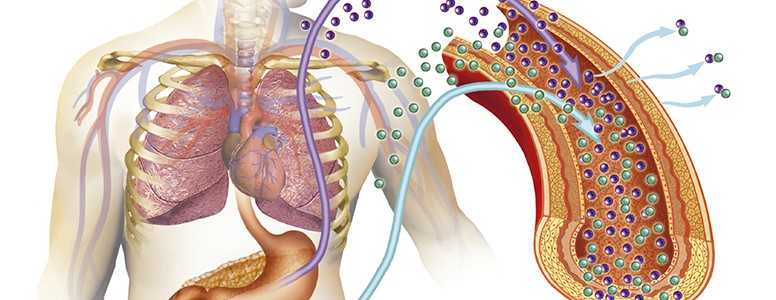Rising rates of type 2 diabetes can be blamed on a lack of exercise, according to a new report.
The findings, which have been published ahead of the planned NHS Diabetes Prevention Programmen, support the programme’s focus on getting people involved in more physical activity. A report carried out by Dr. Laura Gray, of the University of Leicester, suggested that the prevention campaign could reduce type 2 rates in at-risk groups by 26 per cent.
“Our review of all of the relevant evidence in this area has shown the huge potential this national programme has on making a dramatic impact on the health of the nation – preventing up to one in four people at risk of type 2 diabetes from getting the condition,” said Dr. Gray.
Melanie Davies, type 2 diabetes expert and co-director of the Leicester Diabetes Centre, agreed with Dr. Gray’s findings:
“We are spending more and more of our lives sat down being inactive. We all live in a much more sedentary society now where it’s easy to spend the majority of each and every day sat down either at our desk working, socialising and shopping as well as banking.
“However, this sedentary lifestyle does come with consequences and unless people move more they could end up with unwanted health complications. We are becoming the sofa generation and this inactivity, together with an increasing consumption of unhealthy foods and obesity, is leading to more cases of type 2 diabetes.”
The findings support the National Diabetes Prevention Programme and its focus on increasing physical activity levels. However, recent research suggests that it is actually the increased prevalence of unhealthy diets, and not a lack of exercise, that is responsible for the increasing rates of obesity and type 2 diabetes.
One study, published in the British Journal of Sports Medicine, suggested that average exercise levels have hardly changed in the last 30 years. The reason people believe a lack of exercise fuels type 2 diabetes, the authors wrote, is thanks to aggressive marketing campaigns by the food industry.
“Celebrity endorsements of sugary drinks and the association of junk food and sports must end,” the authors wrote.
“The ‘health halo’ legitimisation of nutritionally deficient products is misleading and unscientific. It is time to wind back the harms caused by the junk food industry’s public relations machinery.
“Let us bust the myth of physical inactivity and obesity. You cannot outrun a bad diet.”
Although the NHS’s prevention programme focuses on increasing exercise levels, it does not ignore the importance of healthy eating. People invited to take part in the programme – anyone over the age of 40 will be invited for a check-up, and anyone over 25 from certain ethnic groups – will also be offered cooking classes.
The programme was initially trialled in Bradford, and, after a successful beginning, is now being rolled out across the country.
What's new on the forum? ⭐️
Get our free newsletters
Stay up to date with the latest news, research and breakthroughs.





